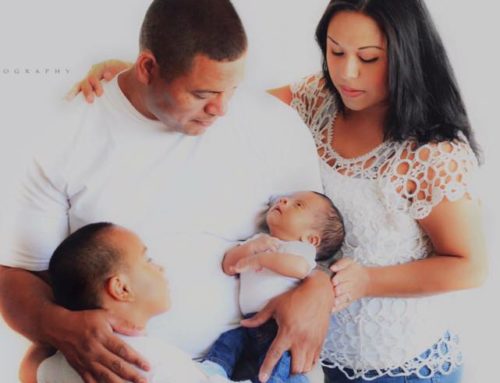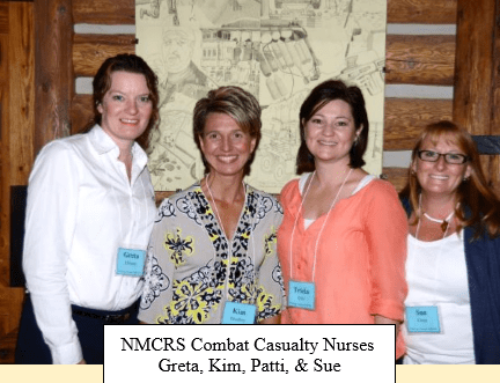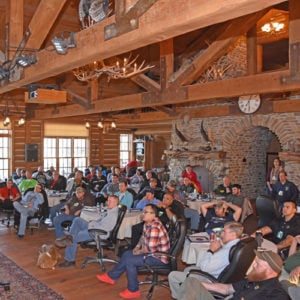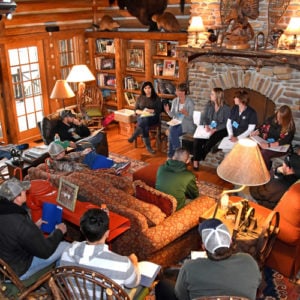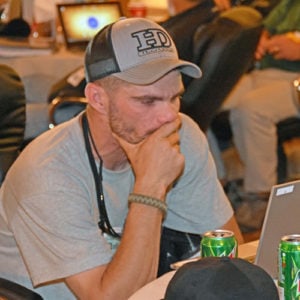Over the past year at differing times I have gone to a small gym to exercise and have seen young men who have been injured. I have seen those who have visible wounds, a damaged eye, damaged limb, and those with prosthetic limbs. I have seen the visible wounds and yet I understand that there are those who have the invisible wound, one that lies deep with them carrying the name of Post Traumatic Stress Disorder or Traumatic Brain Injury. I have seen some veterans with a therapy dog that is specifically trained to offer them assistance for various symptoms.
Recently while I was stretching and doing my assigned knee exercises, a young man came in and struggled to maneuver forward, having a crutch under each arm. His wound was visible, apparent critical damage to his lower legs. As the young man struggled to move beyond the entrance door he dropped his keys and had a despondent look upon his face.
My first thought was to bend down and quickly pick up the keys and give them back to him; this would have been a simple gesture of kindness on my part. But for some reason I did not immediately respond or react as I typically do.
Instead, I felt compelled to look the young man in the eyes and ask for his permission. I simply said, “Would it be okay if I get your keys for you?” He spoke words that sank deep within my heart. His response to my question was a simple, “Yes,” followed by “thanks for asking.”
“Thanks for asking”: those words permeated within me. Too often do we pass someone and without giving it much thought treat them as inferior. Frequently people assume that a person is not able to do something because they appear disadvantaged or physically impaired.
Hear those words again, “Yes, thanks for asking.” Before we make a move to help, why don’t we stop, take the time to look the person we desire to help in the eyes and then ask for their permission? When we ask for their permission, we empower them. We give them control to respond with a yes or a no. When we don’t ask, we are potentially seeping power from them.
As I navigate around the local area, I will do my best to first and foremost give amble attention to treating our wounded and disabled veterans and disabled citizens as people who have the power to make their own choice. I need to keep working on seeing the world through their eyes so that I can better understand how to respond with kindness rather than pity, empowering them instead of reemphasizing their disability.
I wonder if there is not a cry for understanding that channels from deep within those who are wounded or who have disabilities that sounds as follows: “Thanks for asking. Thanks for empowering me with self-worth and dignity. I don’t have a disabled mind, give me a chance and I will show you.”
Max Lucado offers the following timeless reminder, “You are valuable because you exist. Not because of what you do or what you have done, but simply because you are.”
As we navigate through life with a new vision for those around us, when times get tough and days grow long remember to, “Cast your burden on the LORD, and he will sustain you”… (Psalm 55:22a)


